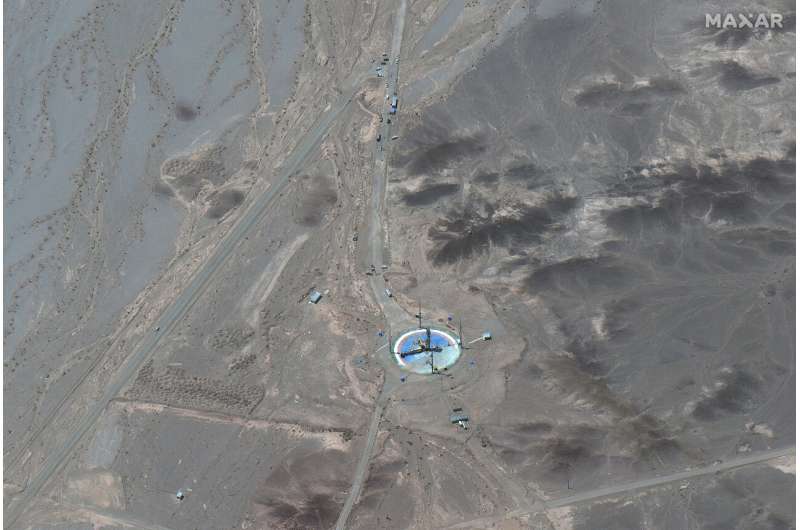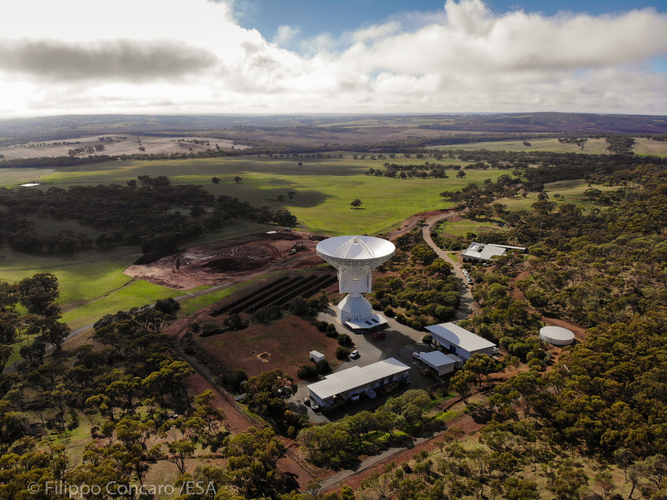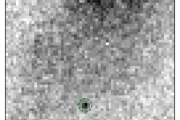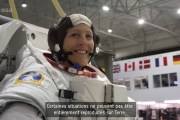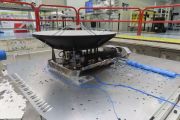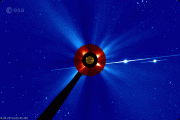
Copernical Team
Sierra Space to train astronauts at Kennedy Space Center for Orbital Reef
 Sierra Space announced Tuesday the company will open an astronaut training center at Florida's Kennedy Space Center to build and operate a new commercial space station.
The Sierra Space Human Spaceflight Center and Astronaut Training Academy will train astronauts to work on Orbital Reef, a private business park space station to be built in partnership with Blue Origin for space tourists. S
Sierra Space announced Tuesday the company will open an astronaut training center at Florida's Kennedy Space Center to build and operate a new commercial space station.
The Sierra Space Human Spaceflight Center and Astronaut Training Academy will train astronauts to work on Orbital Reef, a private business park space station to be built in partnership with Blue Origin for space tourists. S New vacancies: Director of Science and Director of TEC

The European Space Agency is currently looking for a new Director of Science and new Director of Technology, Engineering and Quality, to join its executive board and support the Director General, with responsibility for relevant ESA activities and overall objectives.
ESA sets out bold ambitions for space

ESA has put forward its ambitious plans for the next three years and beyond to increase European autonomy, leadership and responsibility in space.
ESA pursues a shared European vision for the future of space transportation
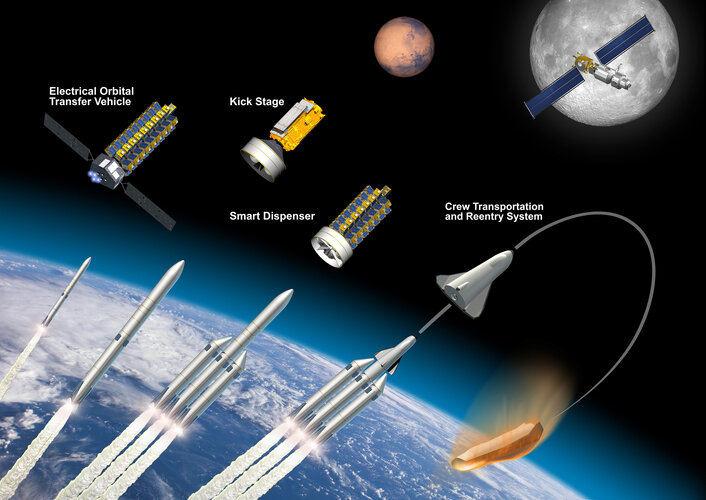
As the European Space Agency prepares to begin operations of its next-generation Vega-C and Ariane 6 launch systems complemented by the reusable Space Rider orbital transportation system, work is underway to define the future of European space transportation capabilities for the coming decade and beyond.
Vega-C set for inaugural launch
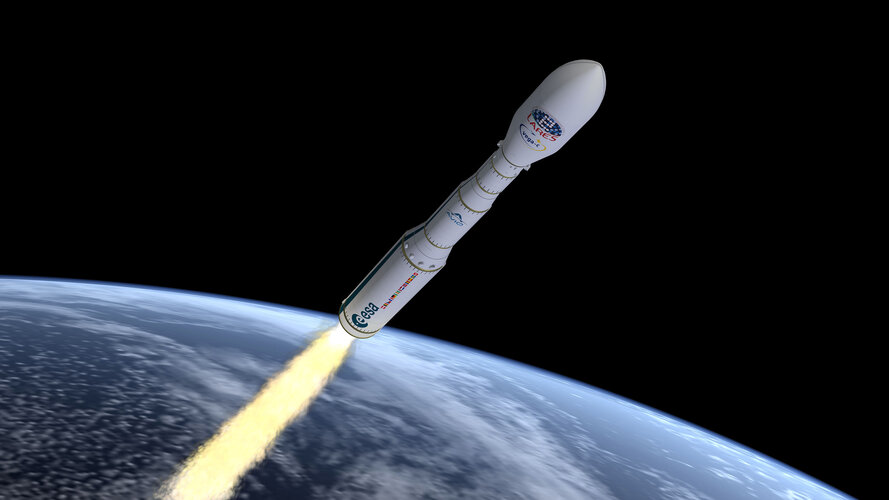
ESA’s new medium-lift Vega-C rocket is nearly ready for its inaugural flight, with its four fully-stacked stages now ready for payload integration, final checks and launch from Europe’s Spaceport in French Guiana.
Flight VV21 will lift off as soon as 7 July, pending suitable conditions for launch.
New maps of asteroid Psyche reveal an ancient world of metal and rock
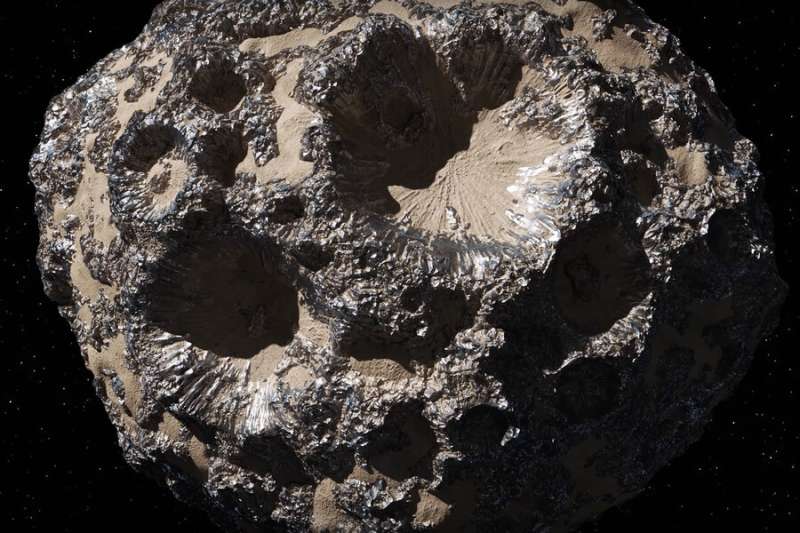
Later this year, NASA is set to launch a probe the size of a tennis court to the asteroid belt, a region between the orbits of Mars and Jupiter where remnants of the early solar system circle the sun. Once inside the asteroid belt, the spacecraft will zero in on Psyche, a large, metal-rich asteroid that is thought to be the ancient core of an early planet. The probe, named after its asteroid target, will then spend close to two years orbiting and analyzing Psyche's surface for clues to how early planetary bodies evolved.
Ahead of the mission, which is led by principal investigator Lindy Elkins-Tanton, planetary scientists at MIT and elsewhere have now provided a sneak peak of what the Psyche spacecraft might see when it reaches its destination.
NASA will fly your name around the moon on historic mission. Here's how to sign up
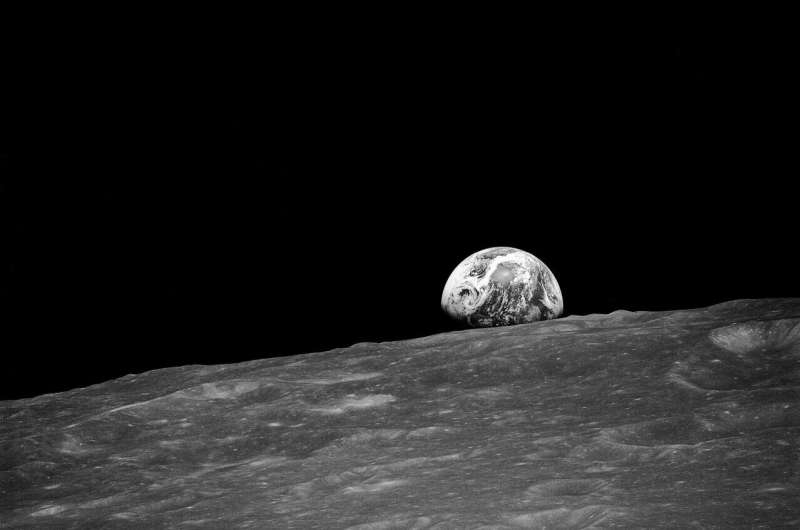
Space travel is clearly for astronauts and the super rich, but NASA has found a way the rest of us can claim our spot among the cosmos.
"You can send your name to the Moon," agency officials wrote in a June 12 Facebook post.
"How? Sign up to get your boarding pass and join the nearly 3 million 'passengers' flying around the Moon aboard #Artemis I this year."
Names can be added to the list by visiting Nasa.gov/wearegoing.
NASA says the names of all 3 million "passengers" will circle the moon on a flash drive aboard the Orion spacecraft and the trip will cover 1,300,000 miles.
While that definitely qualifies as cheap seats, the occasion will be historic at multiple levels.
NASA says the uncrewed Artemis I qualifies as our first step toward building "a long-term human presence at the Moon for decades to come."
"The flight paves the way toward landing the first woman and the first person of color on the Moon!" NASA reports.
"We will collaborate with commercial and international partners and establish the first long-term presence on the Moon.
The Road to CM22 – Europe’s Space Ambition
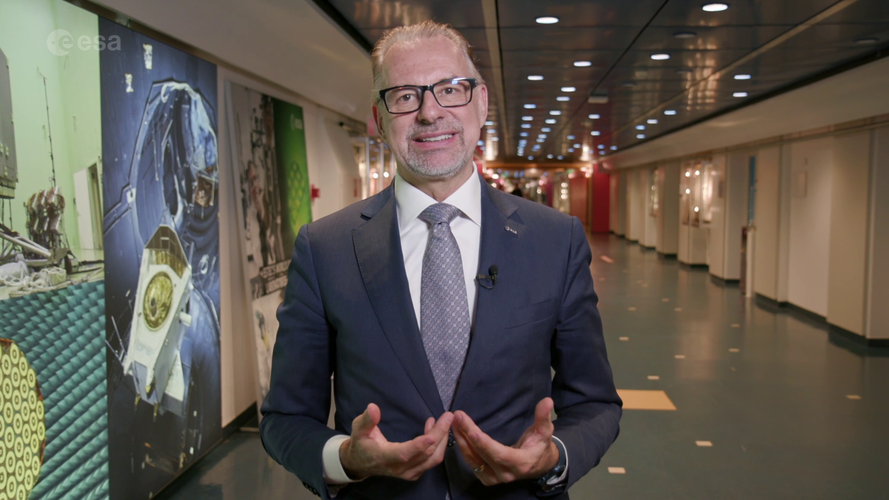 Video:
00:02:03
Video:
00:02:03
ESA’s Council at Ministerial level will take place in November 2022, a crucial milestone as Europe sets out its ambitions and plans for space activities in the coming years and decades.
Iran says rocket launch coming after photos show preparation
